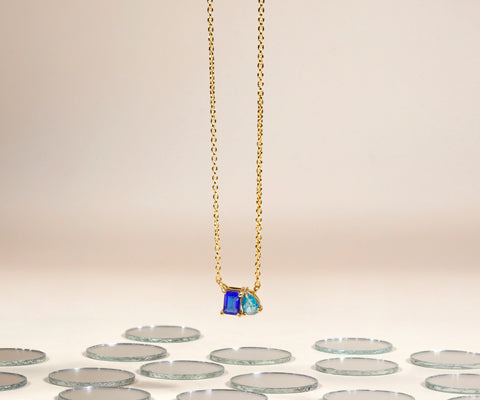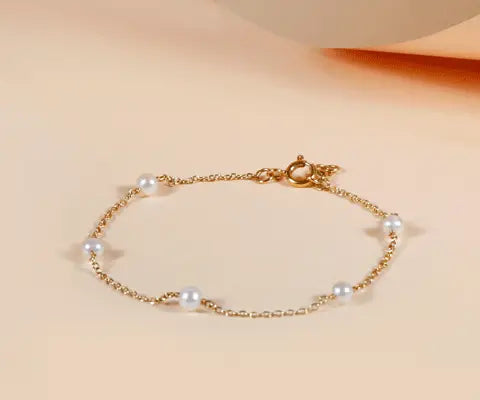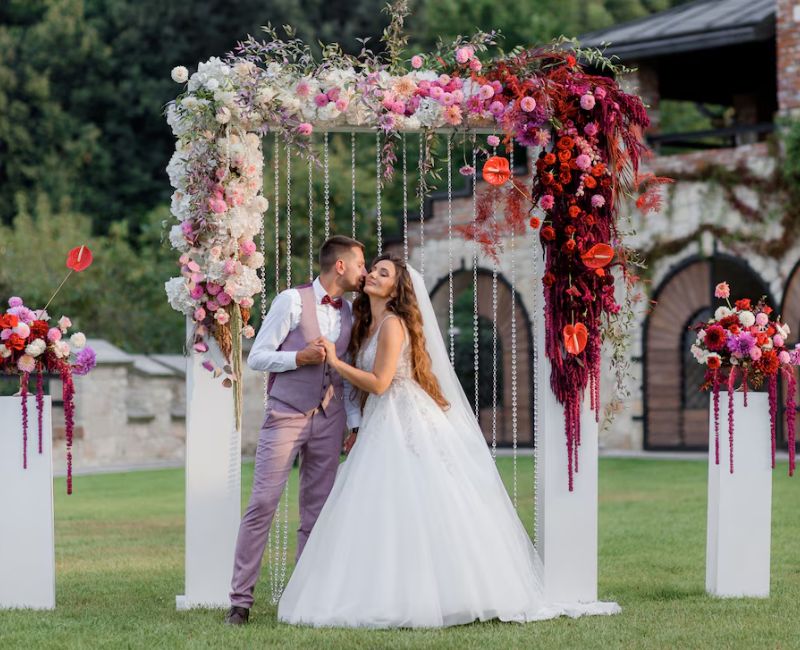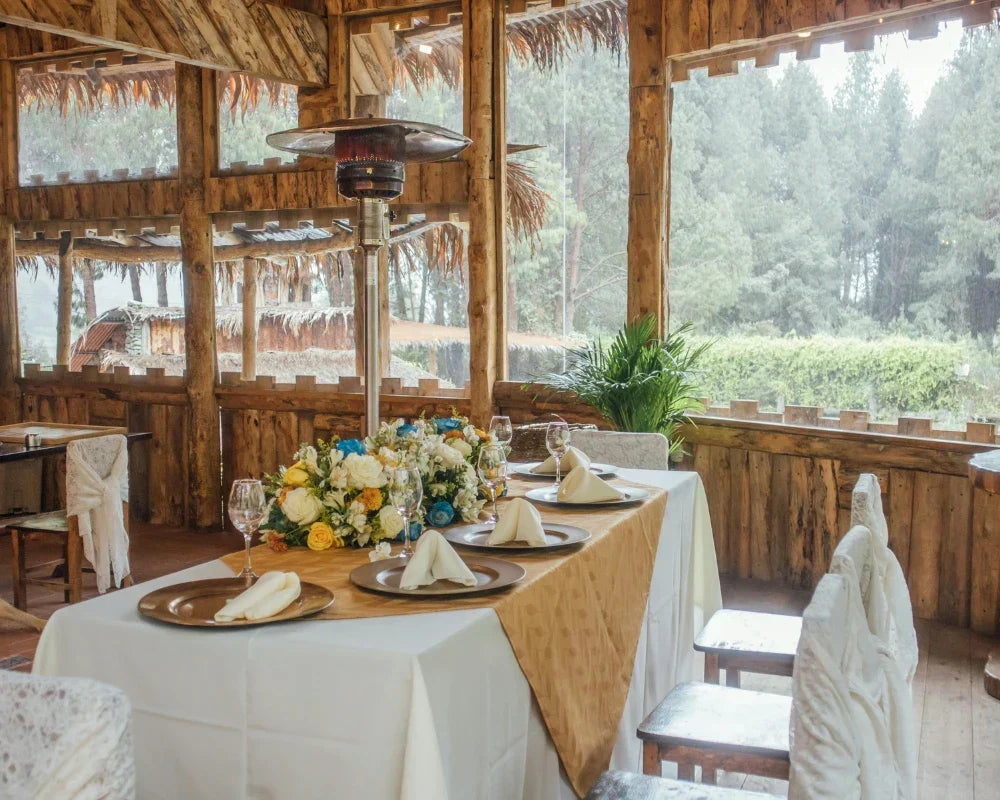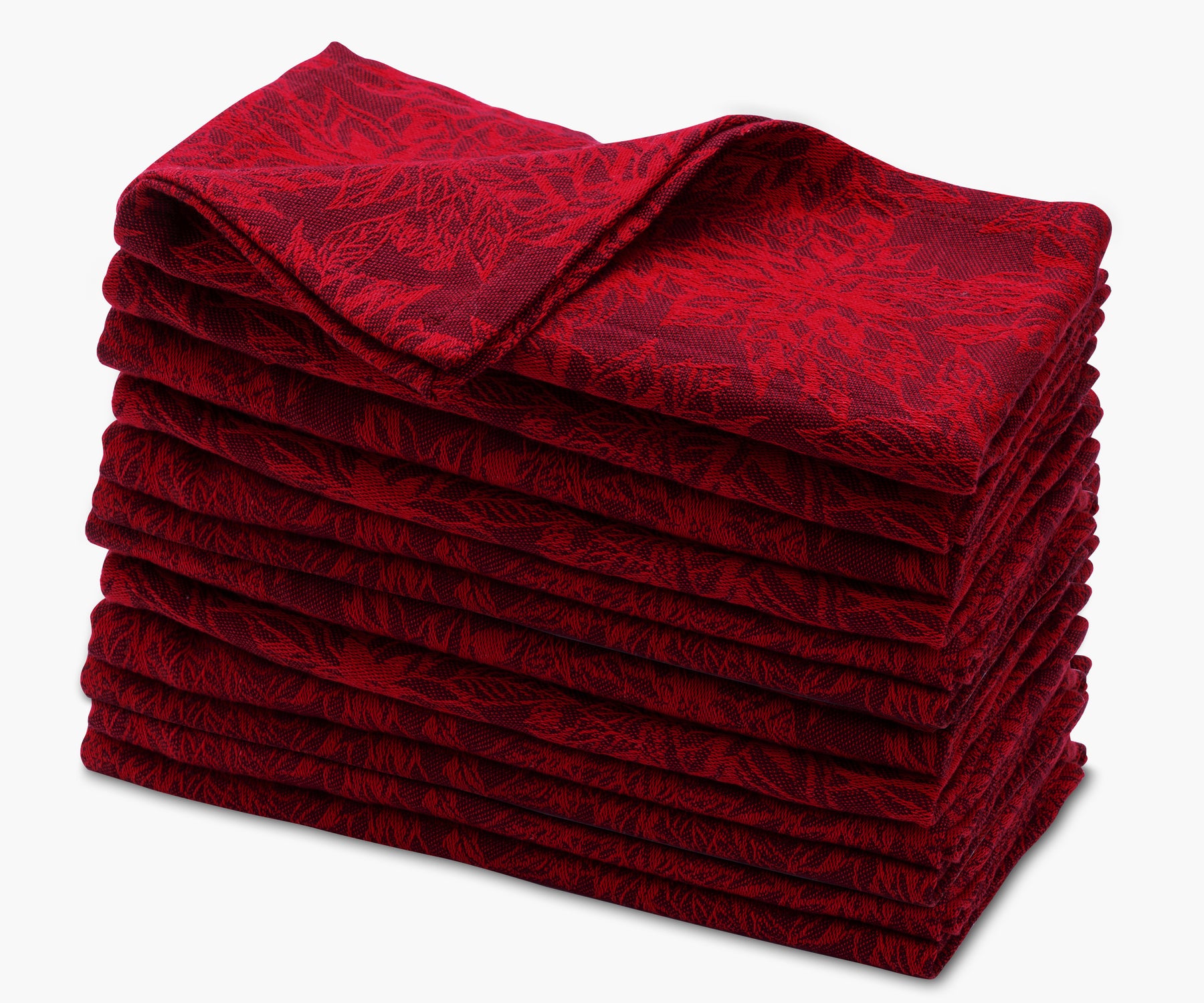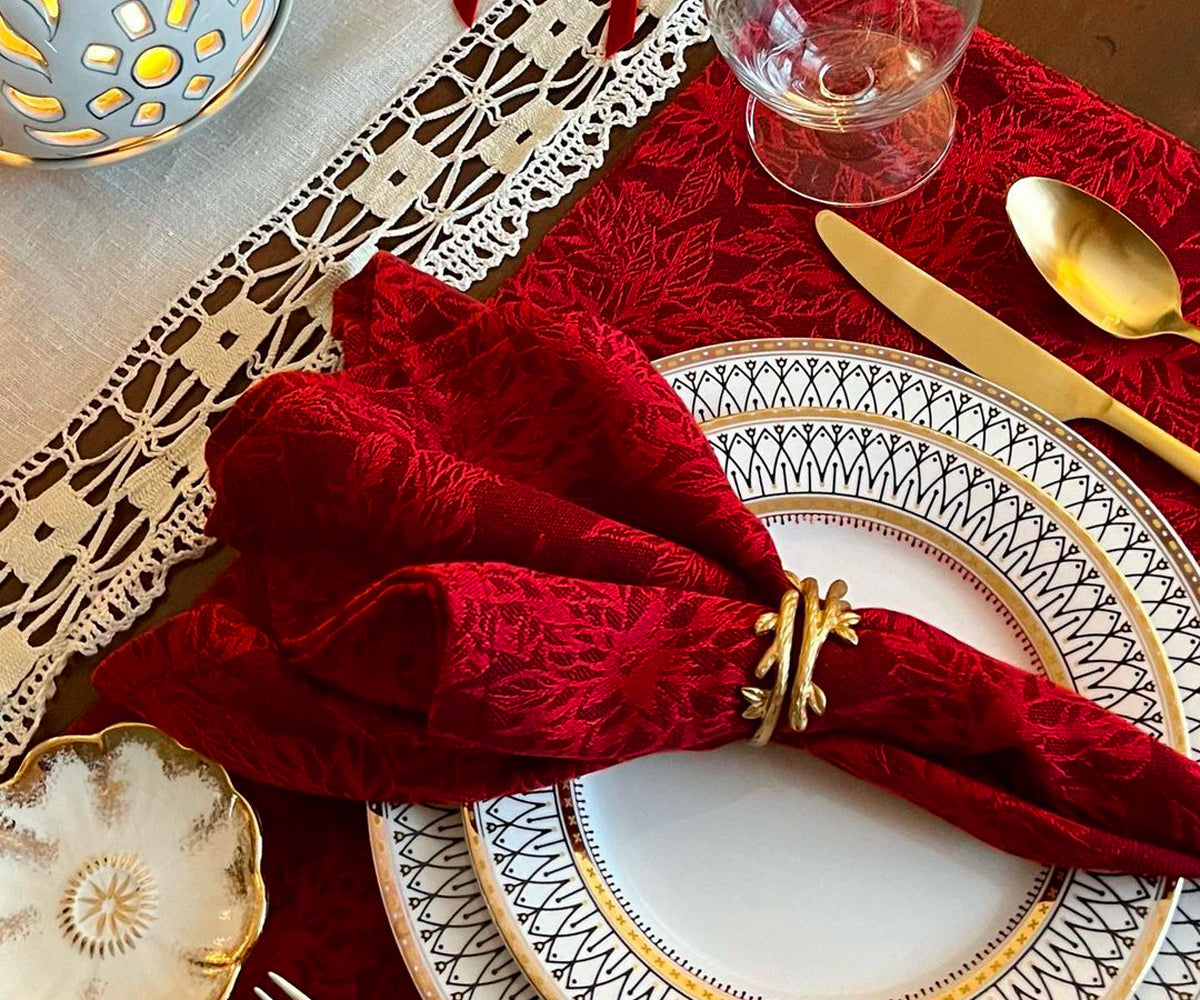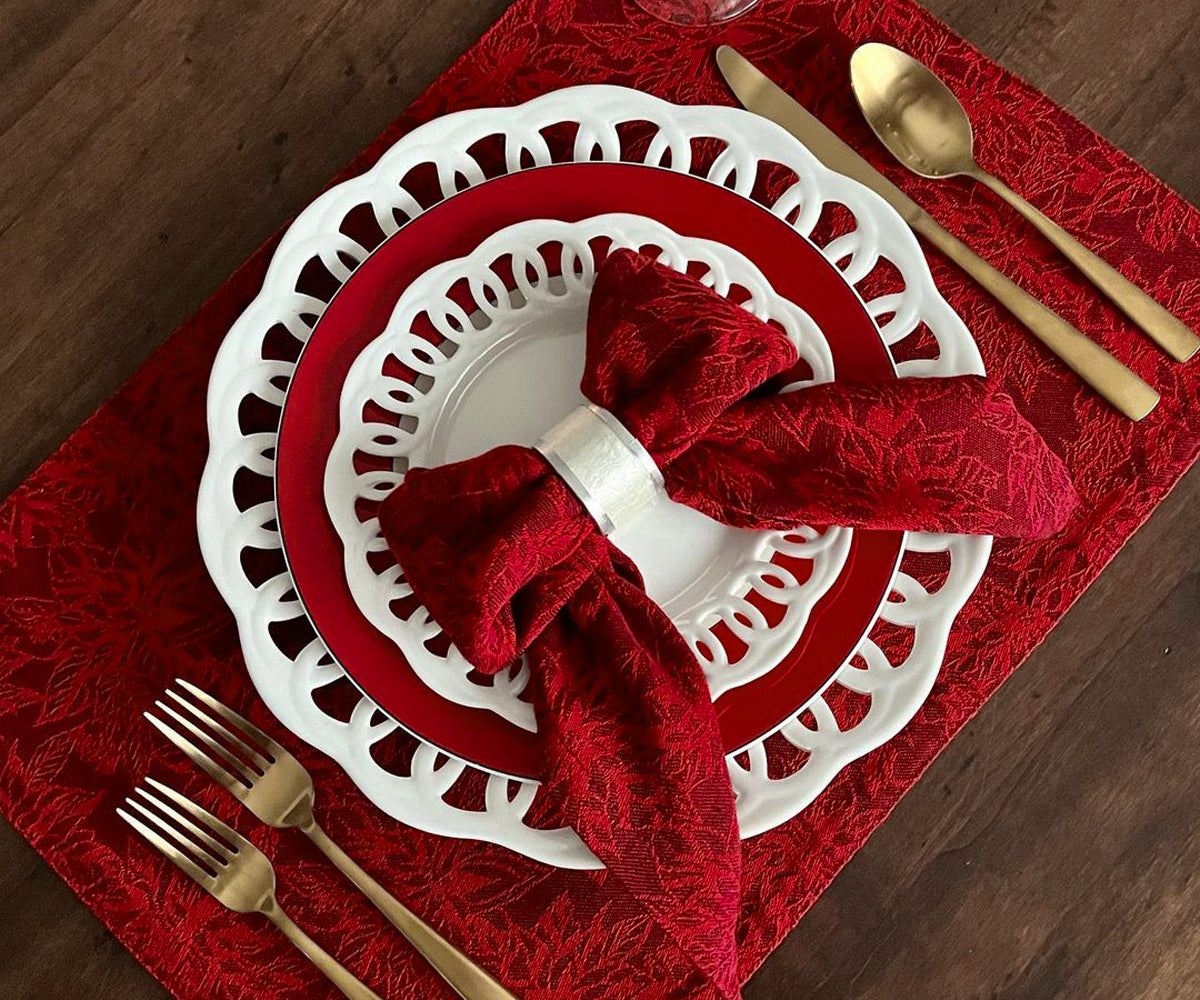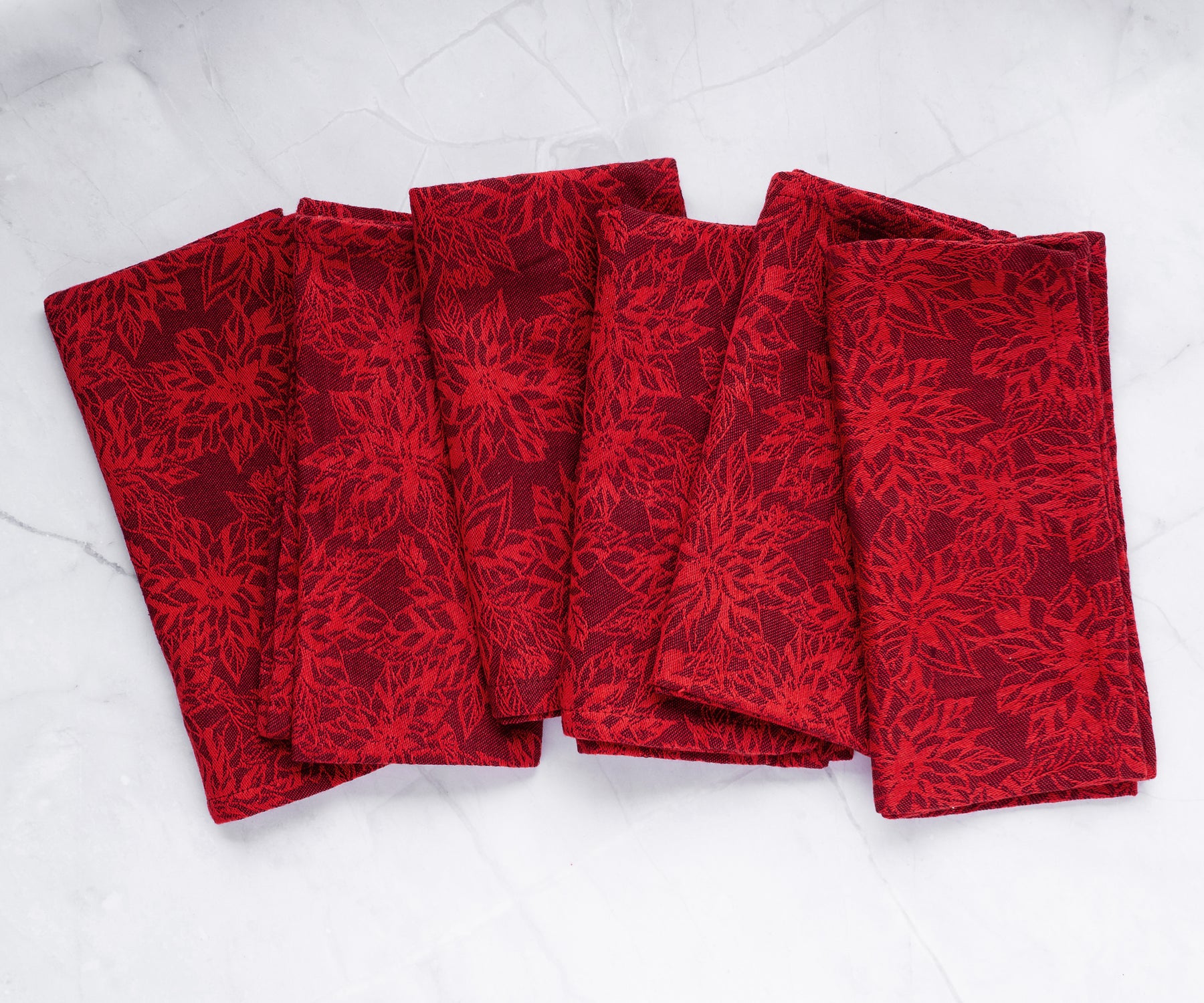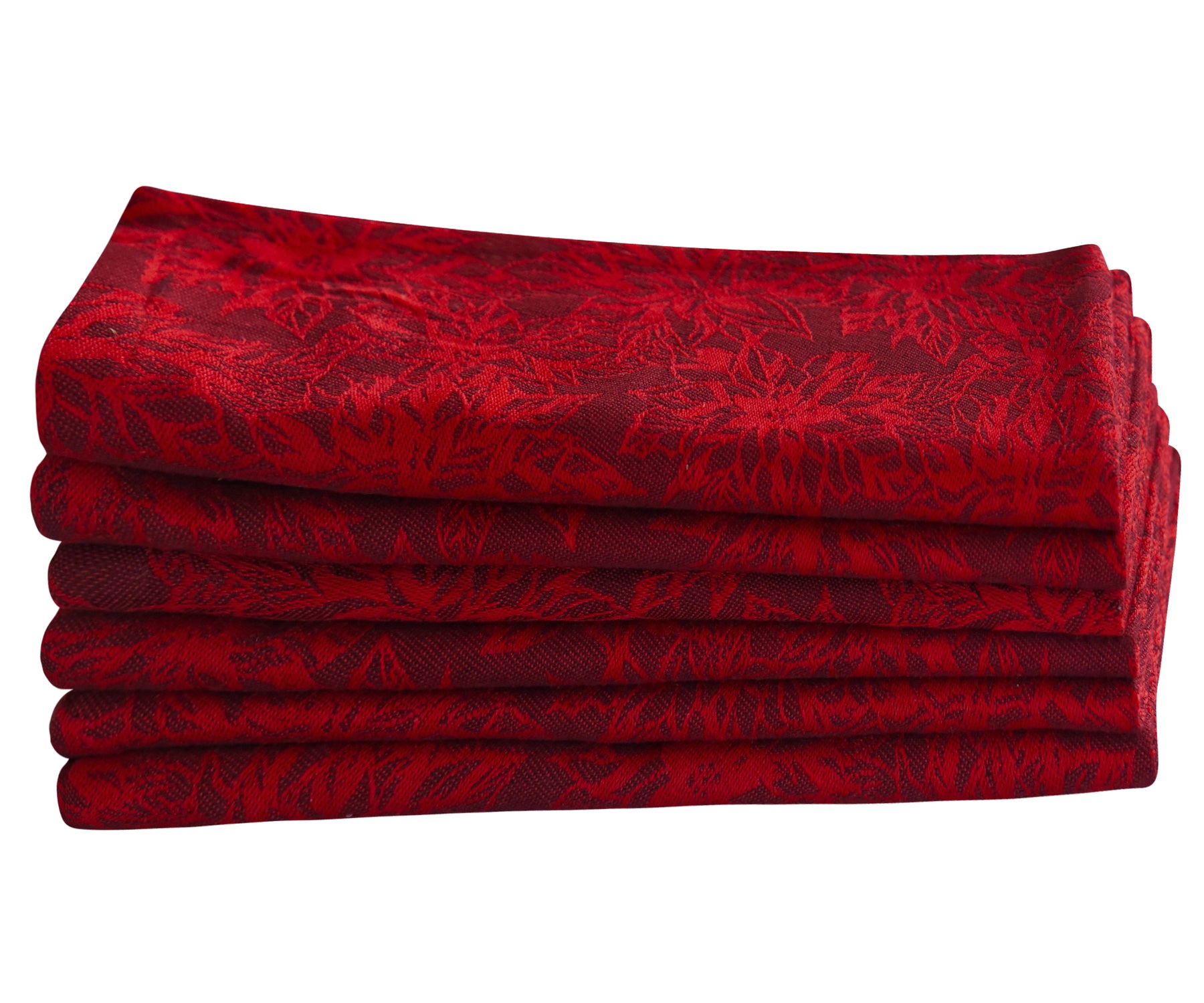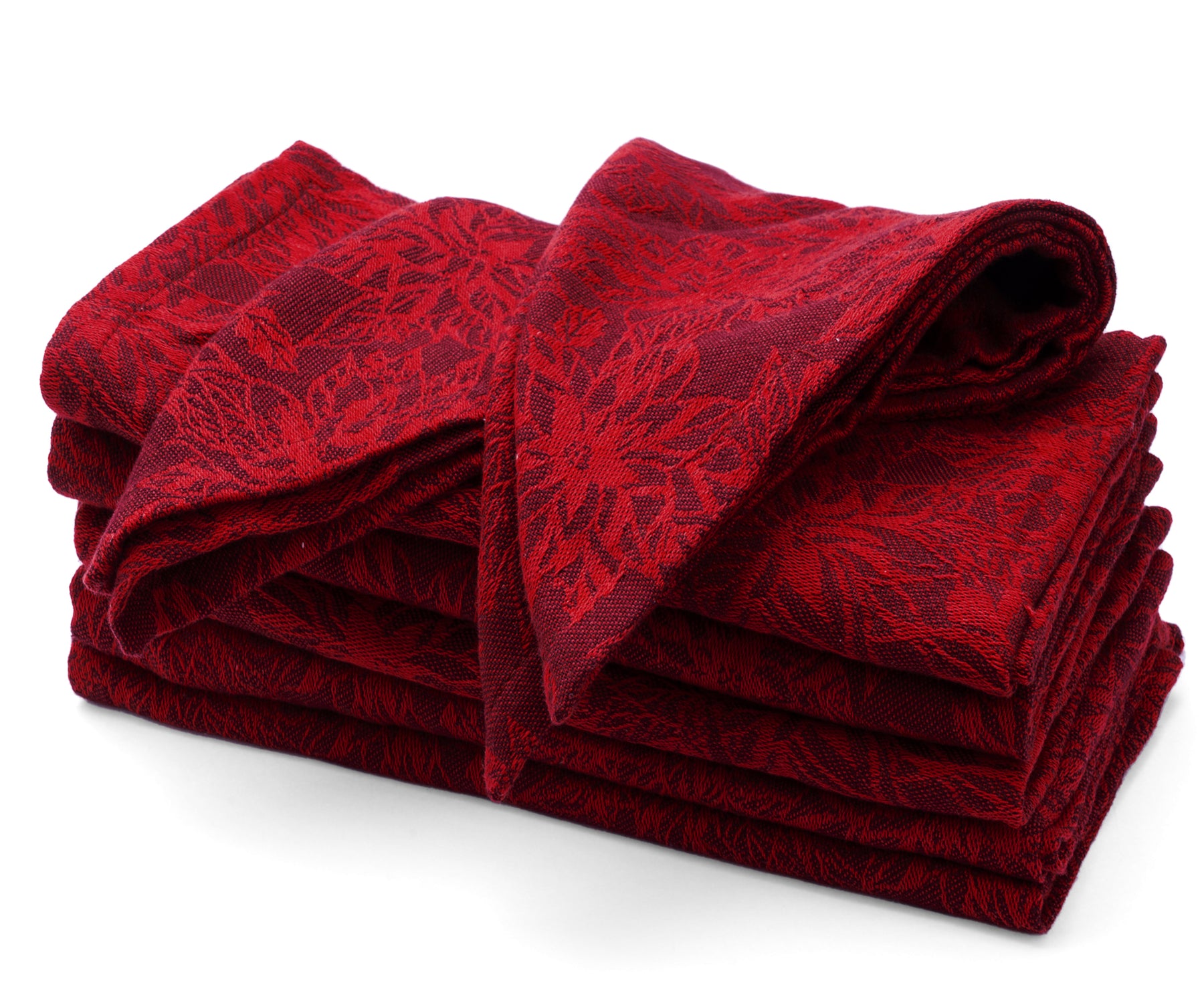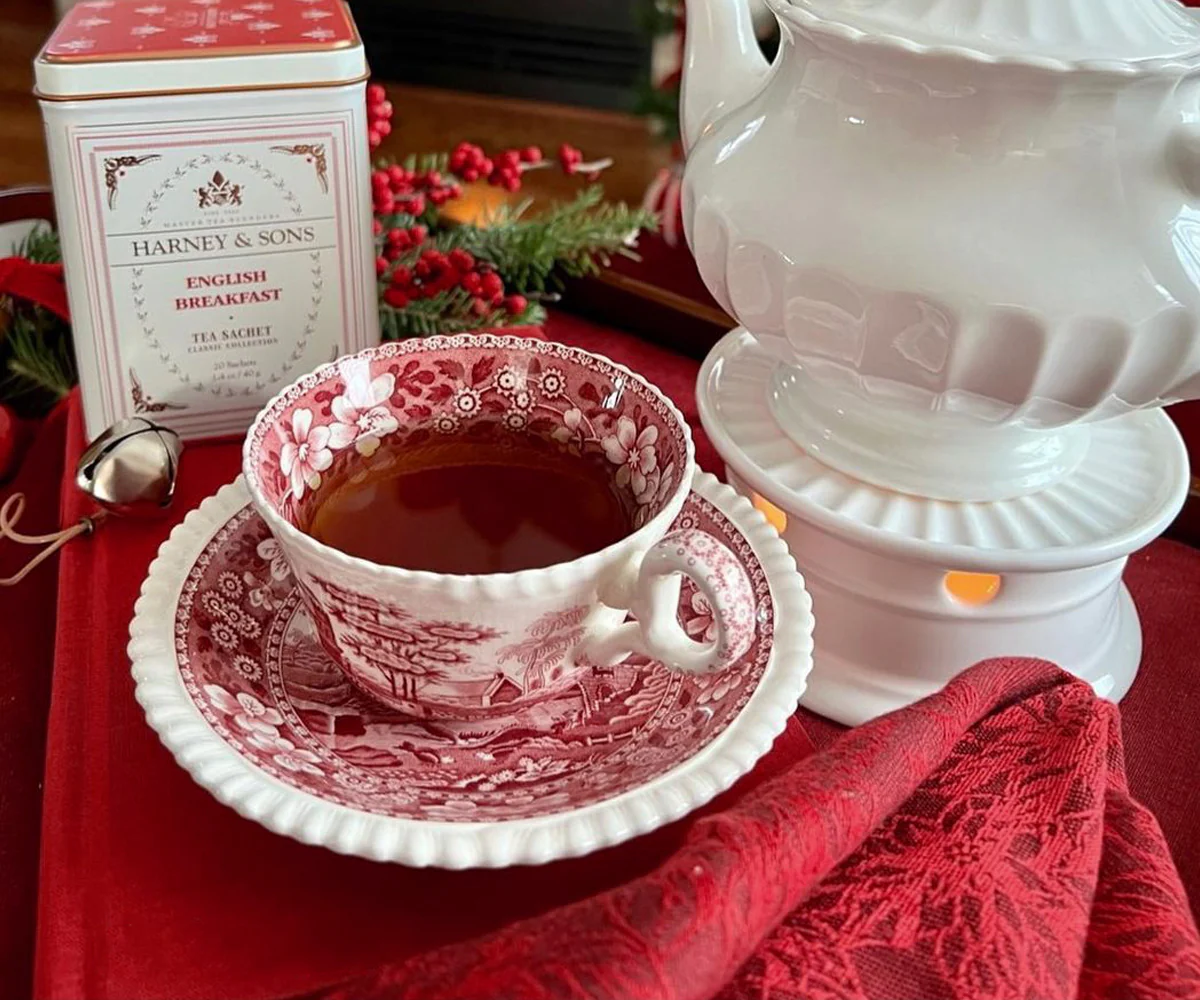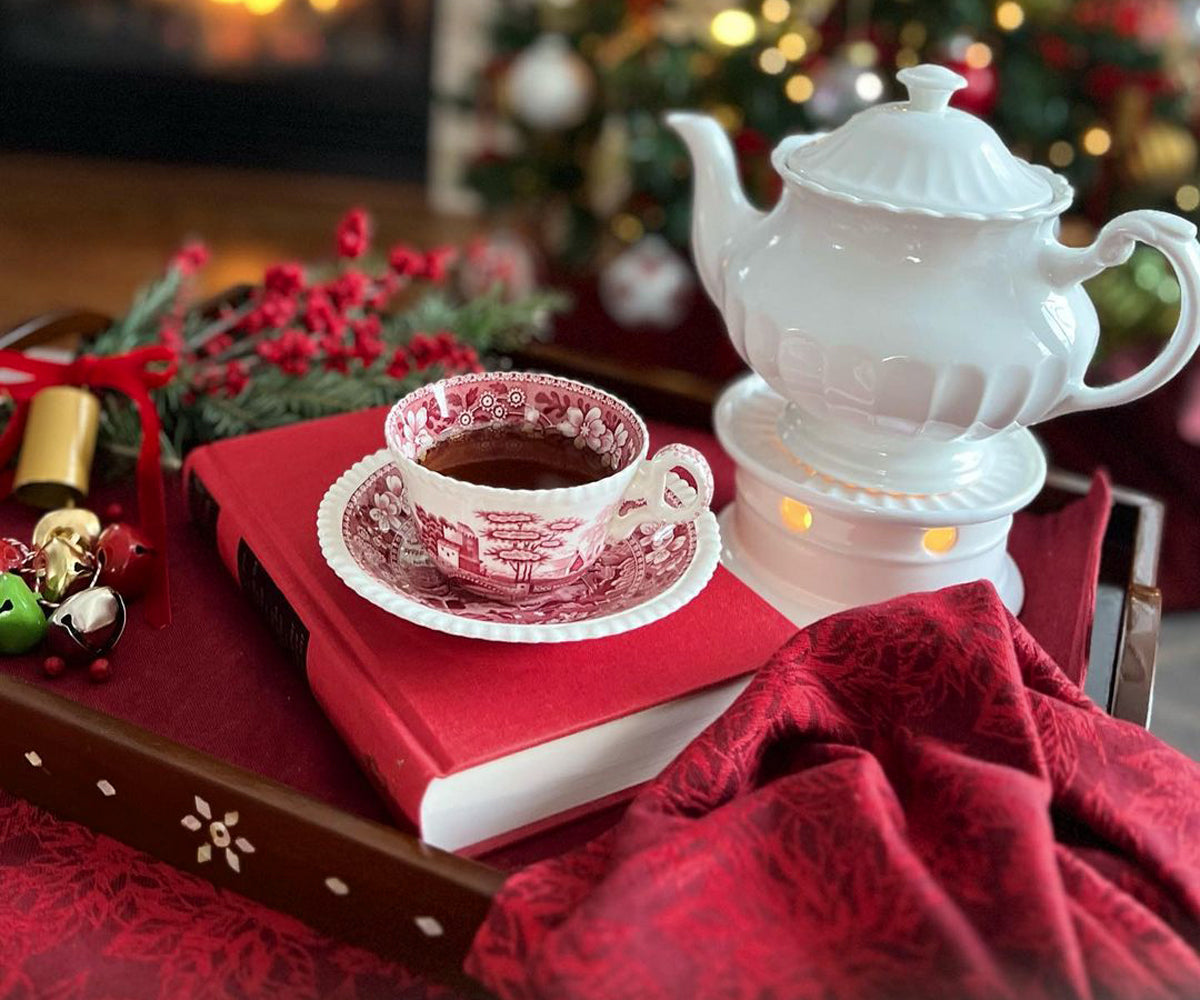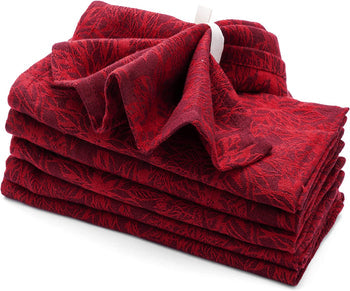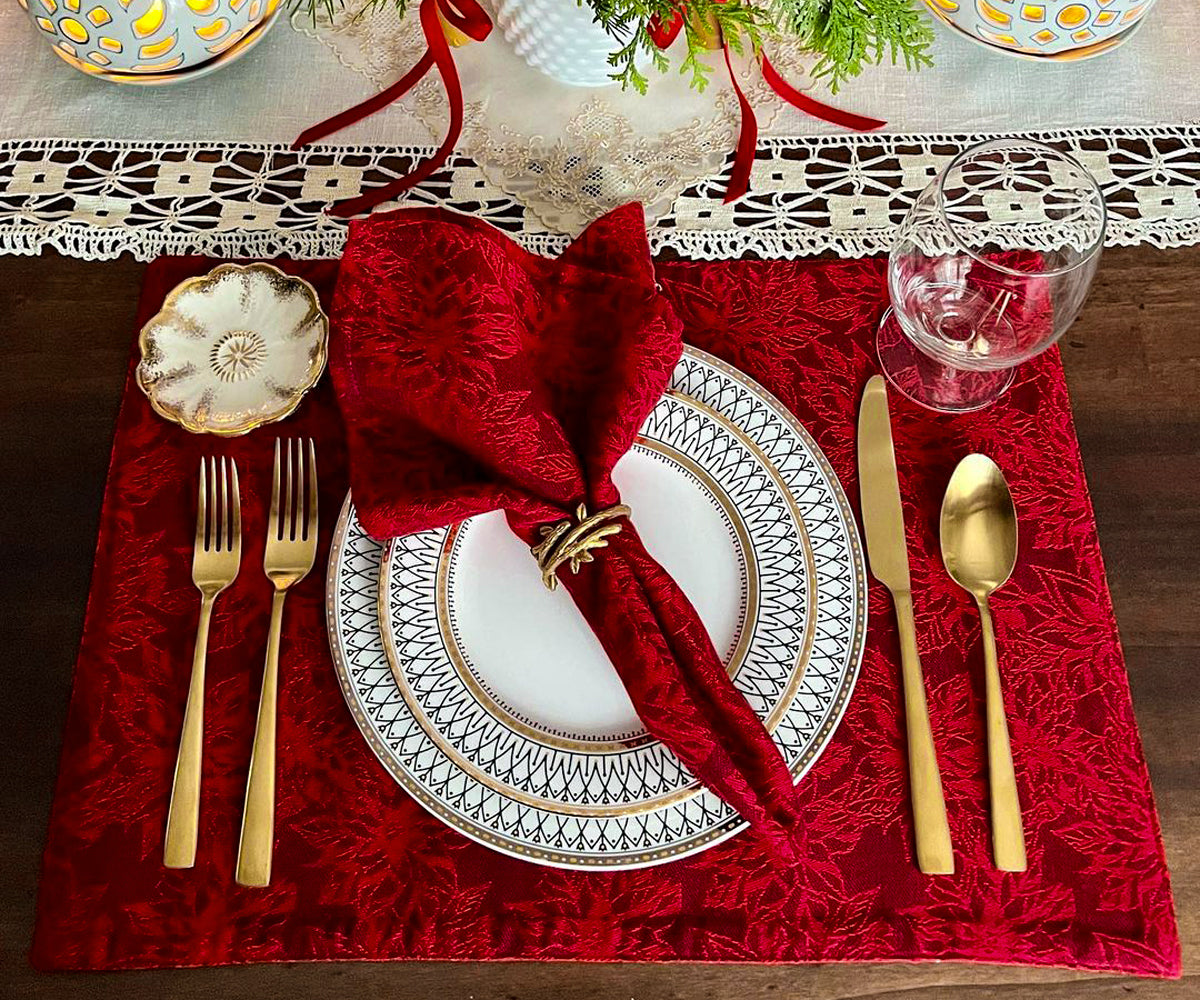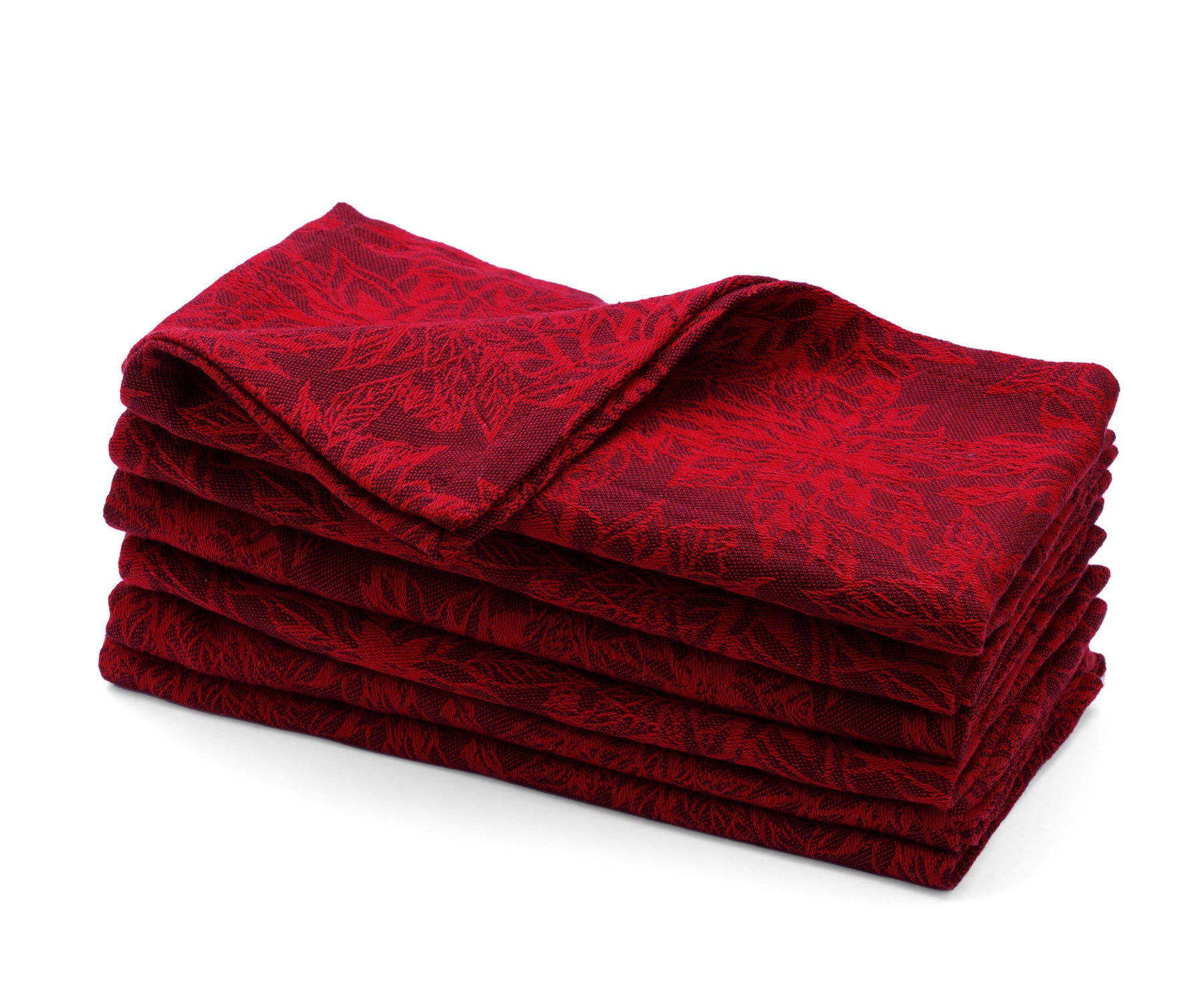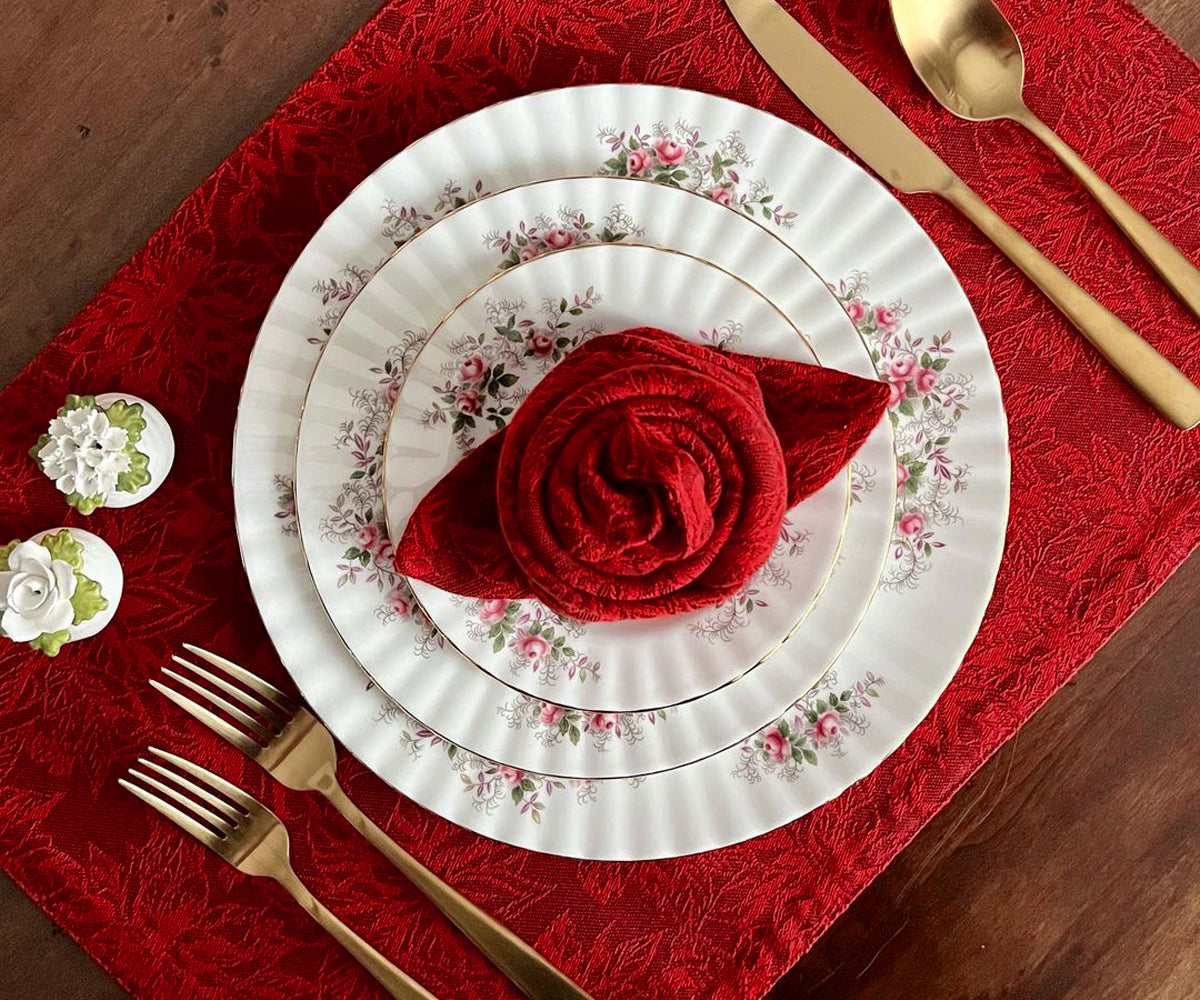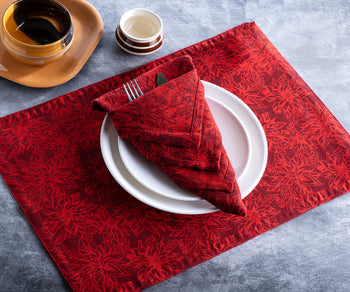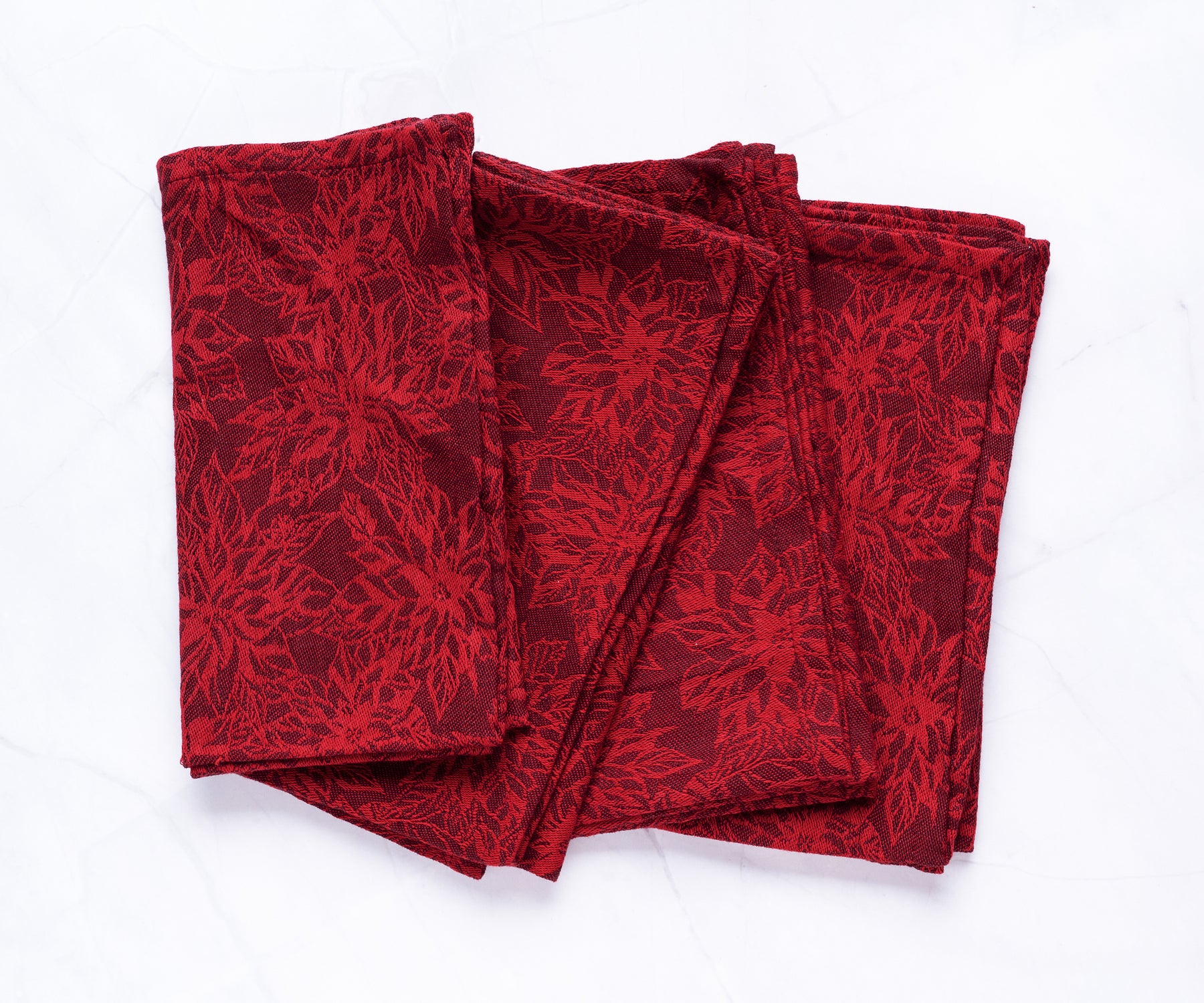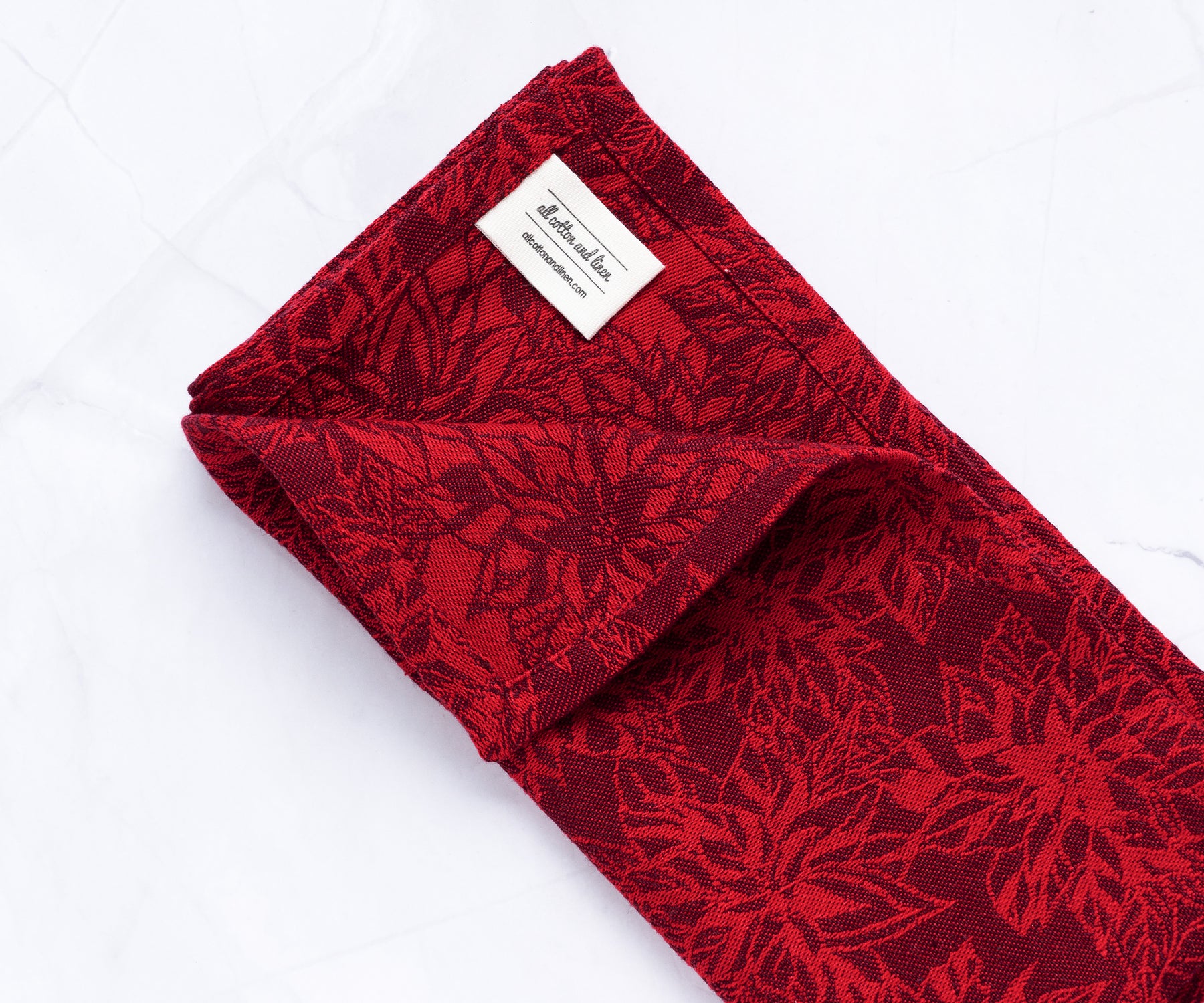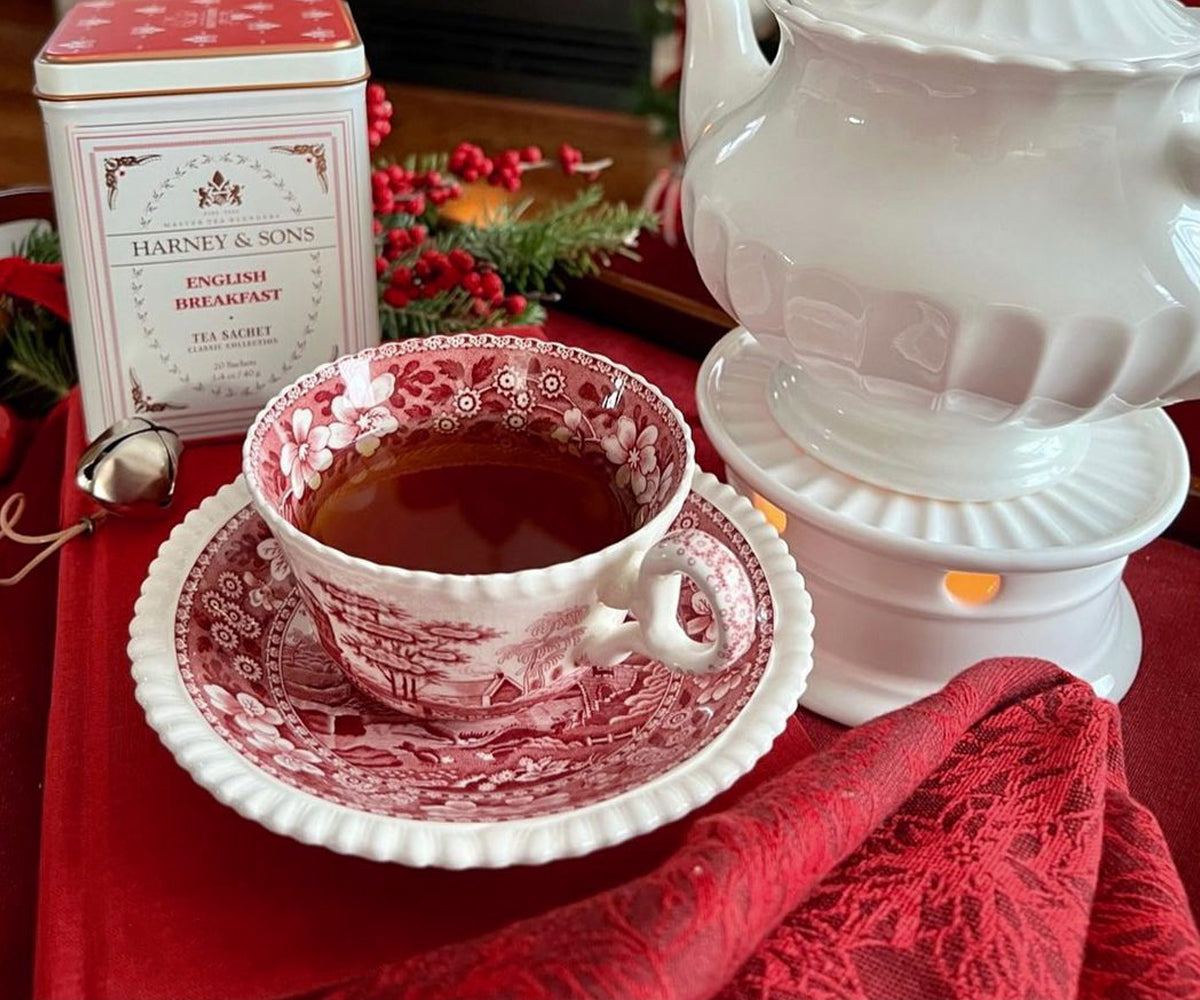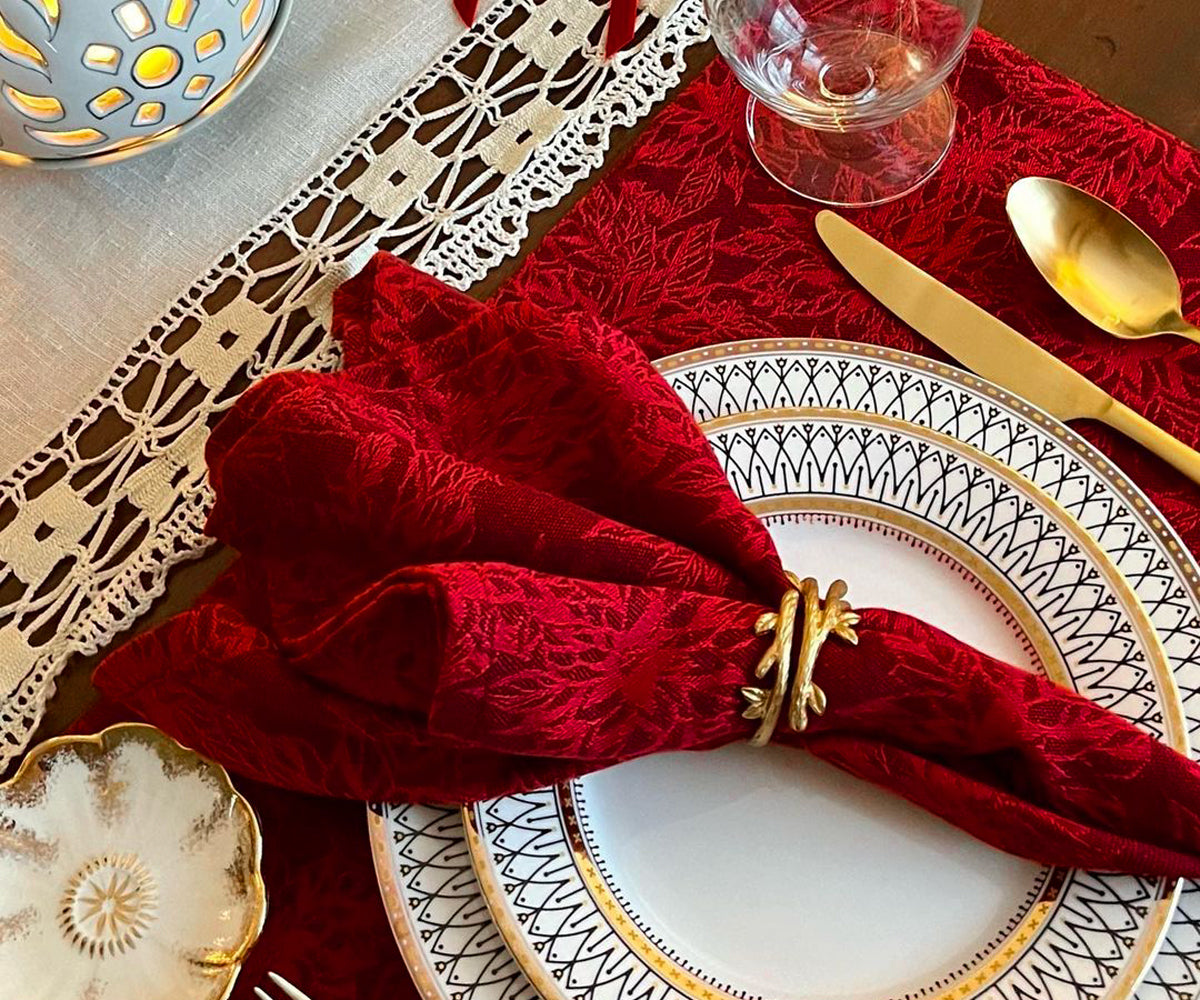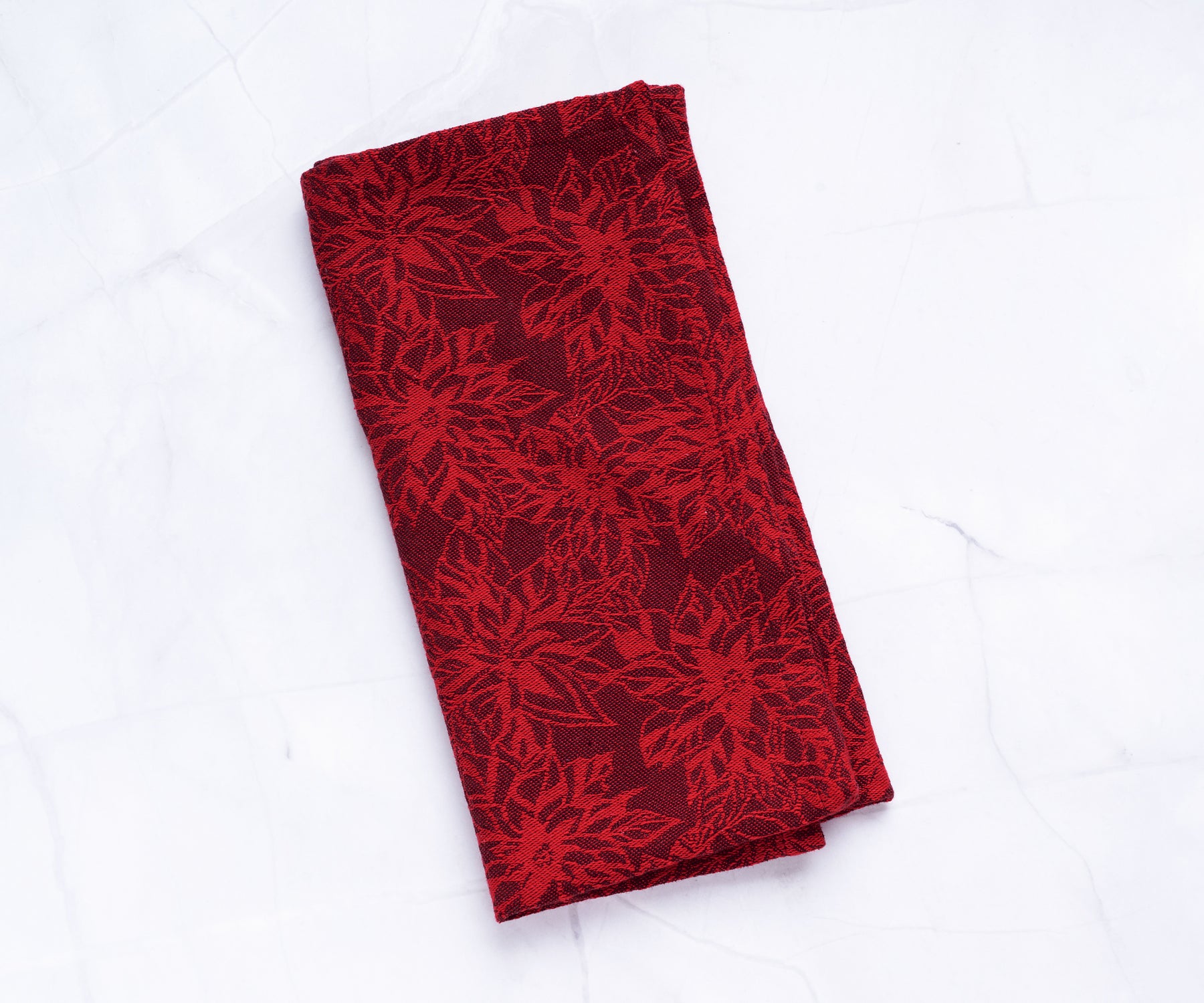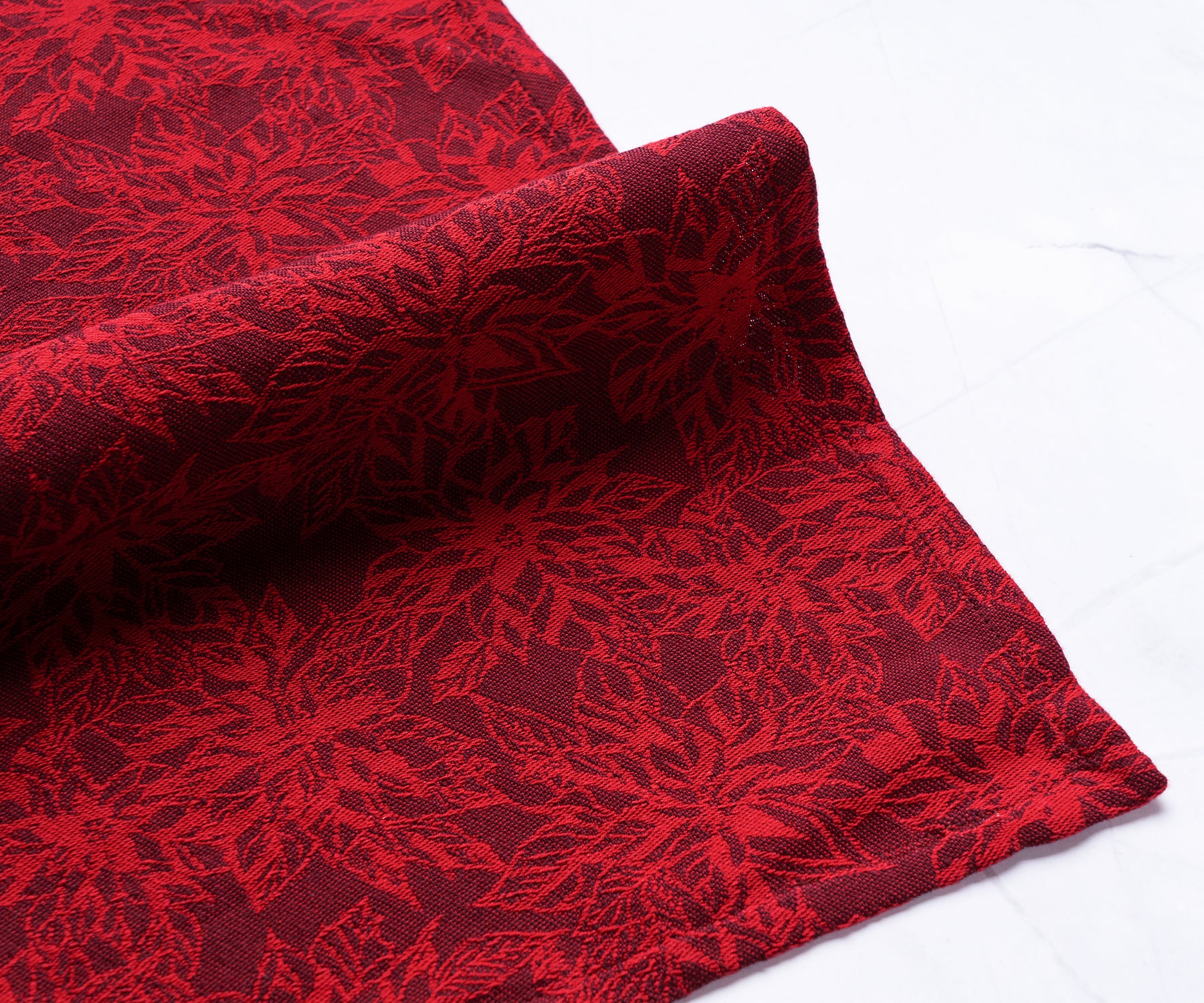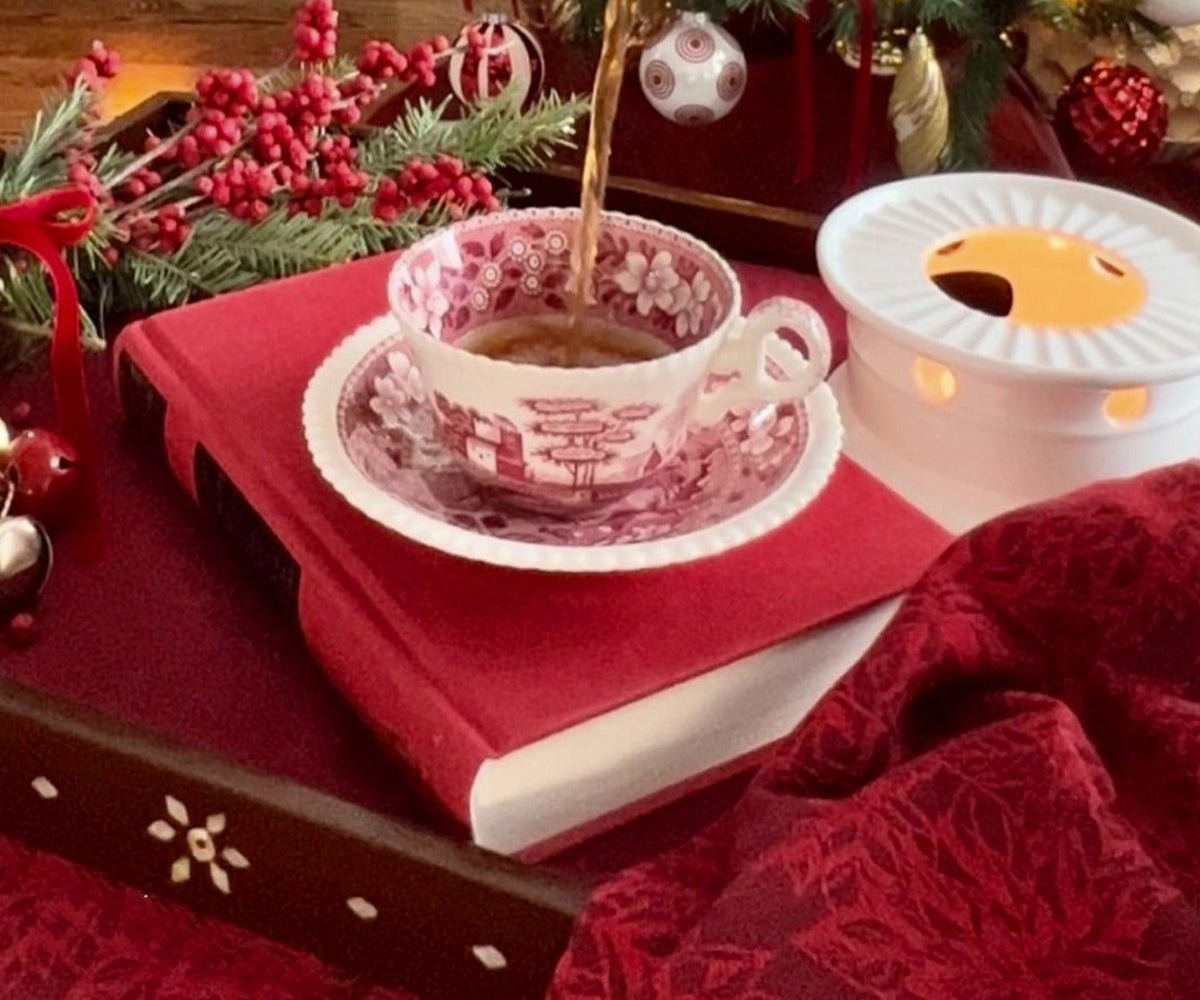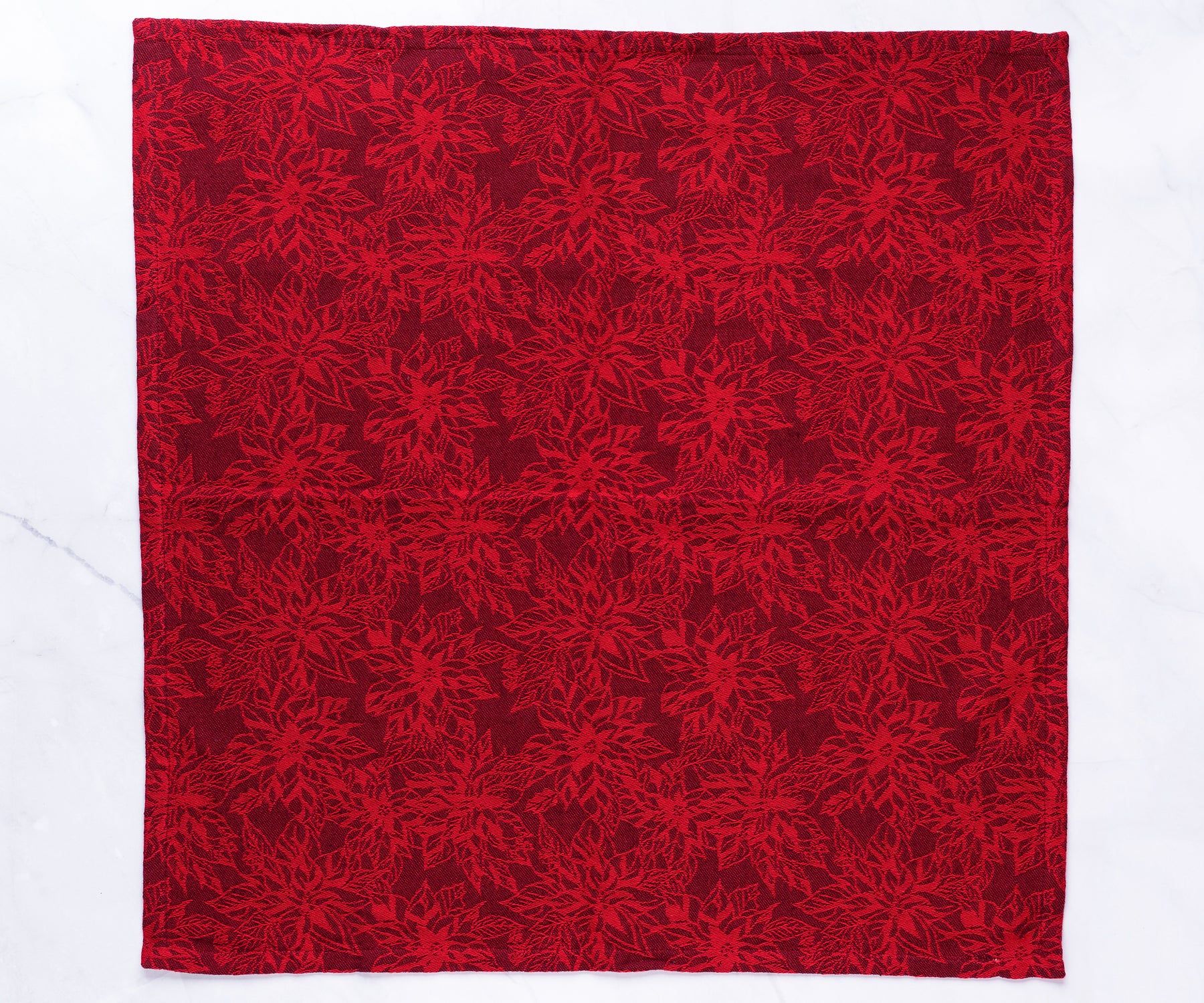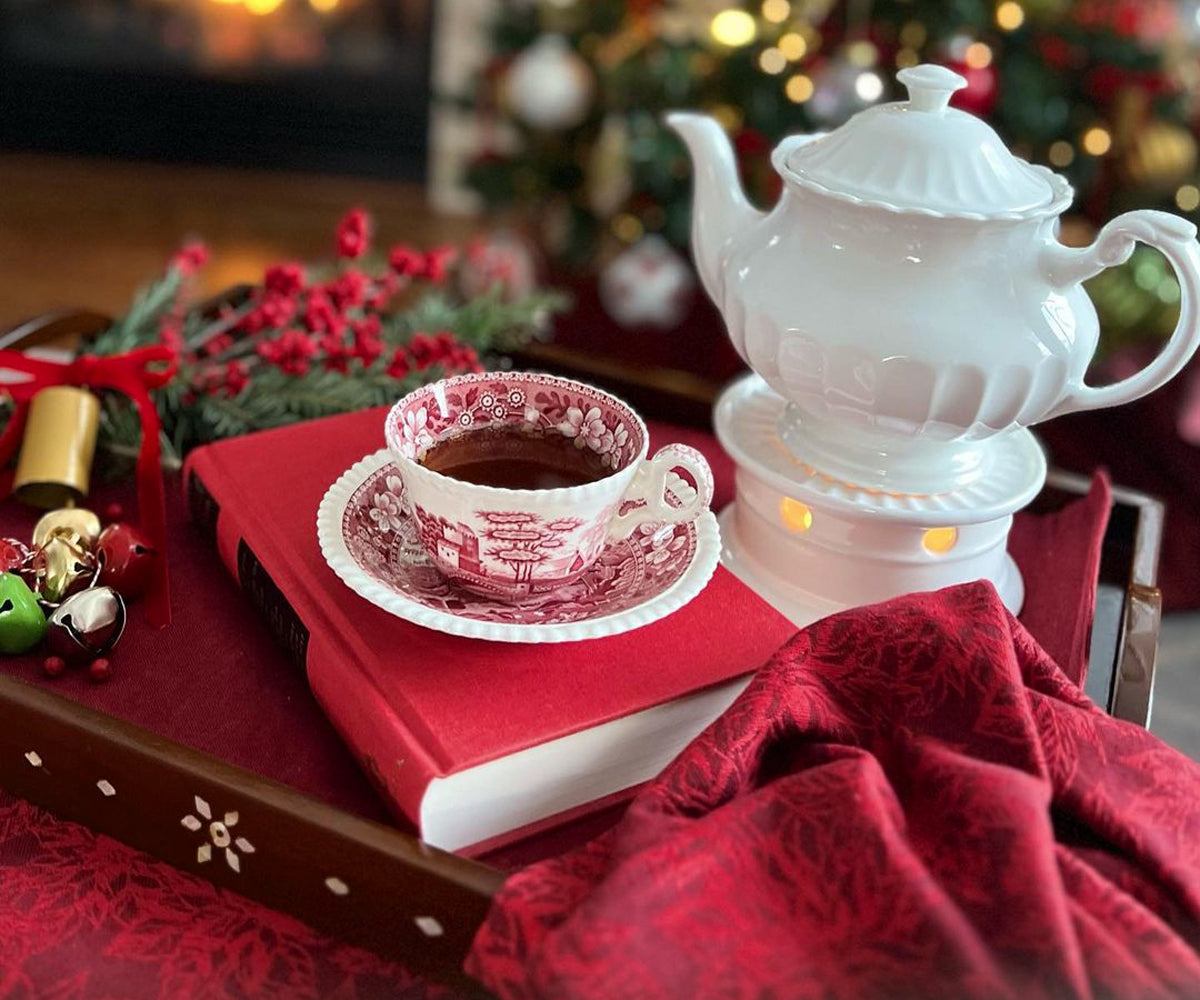What is a Wedding Planner Checklist?
A wedding planner checklist is basically your secret weapon for organizing every little detail of your big day. It's a clear, detailed list that tracks everything from setting your budget and picking your venue to finalizing your guest list and coordinating the actual wedding day schedule.
Think of it like a GPS for wedding planning: it keeps you on track, helps you avoid wrong turns, and makes sure you arrive at the "Happily Ever After" without unnecessary detours.
Whether you're hiring a pro or tackling a DIY wedding planner checklist, this tool is a total game-changer.
Find Out: What to Make for Mother's Day Dinner: 10 Easy Ideas She’ll Love
Key Areas Covered in a Wedding Planner Checklist
Planning a wedding has a lot of moving parts, and a well-organized wedding planner checklist makes it so much easier. Here’s a deeper dive into the main areas you’ll want to cover:
1. Budget Management
-
Set your total budget: Know how much you’re working with before you start booking anything.
-
Break down costs: Allocate funds for each category (venue, catering, attire, décor, etc.).
-
Track expenses: Keep an ongoing list of what you’re spending versus what you planned.

2. Guest List and RSVP Management
-
Draft the guest list early: Even a rough list helps you pick the right venue.
-
Organize addresses: Start gathering mailing addresses and emails.
-
Manage RSVPs: Use spreadsheets or free apps to keep track of responses and meal choices if needed.

3. Venue Selection and Contracts
-
Visit venues: Schedule tours of potential spots.
-
Read contracts carefully: Check policies on cancellations, deposits, and included services.
-
Confirm capacities: Make sure the venue fits your guest list comfortably.

4. Vendor Booking and Coordination
-
Research vendors: Read reviews and compare packages.
-
Meet in person or virtually: Have consultations before you book.
-
Sign contracts: Always get everything in writing to avoid surprises later.
Essential vendors usually include:
-
Photographer and/or videographer
-
Caterer
-
Florist
-
DJ or band
-
Wedding planner or day-of coordinator
-
Cake designer
-
Transportation providers (like shuttles or vintage cars)
5. Wedding Attire and Accessories
-
Shop early: Dresses can take 6–8 months to arrive after ordering.
-
Schedule fittings: Plan multiple fittings for the perfect fit.
-
Accessories checklist: Don’t forget shoes, jewelry, ties, cufflinks, and undergarments!
6. Stationery and Invitations
-
Save-the-dates: Send these out 6–8 months before the wedding.
-
Formal invitations: Mail these 8–10 weeks before the big day.
-
Additional stationery: Think menus, programs, signage, place cards, and thank-you cards.
7. Ceremony Details
-
Officiant: Hire a professional or ask a loved one to get ordained.
-
Vows: Decide if you’re writing your own or using traditional ones.
-
Readings and music: Choose meaningful readings and songs for the ceremony.
8. Reception Planning
-
Table settings: Choose wedding tablecloths, napkins, placemats, and table runners that match your vibe.
-
Seating chart: Organize where guests will sit — especially important for plated dinners.
-
Reception timeline: Plan the order of events like first dances, speeches, and cake cutting.

9. Food and Beverage Planning
-
Menu tastings: Schedule tastings with caterers or your venue.
-
Dietary needs: Ask guests about any allergies or special requests.
-
Bar service: Decide on open bar, signature cocktails, or limited drink options.
10. Décor and Styling
-
Floral arrangements: Bouquets, boutonnieres, centerpieces, and ceremony backdrops.
-
Lighting: Uplighting, fairy lights, chandeliers, or candles to set the mood.
-
Rentals: Chairs, tables, dance floors, tents, and lounge furniture.
11. Entertainment
-
Music: Band, DJ, or curated playlist?
-
Activities: Think photobooths, lawn games, or live performers.
-
Special moments: First dance, parent dances, bouquet toss, grand exit plans.
12. Transportation and Accommodation
-
Guest transportation: Book shuttles or buses if needed.
-
Couple’s getaway car: Arrange transportation for the newlyweds.
-
Hotel blocks: Reserve hotel rooms for out-of-town guests.
13. Legal and Documentation
-
Marriage license: Check your city/state requirements and timing.
-
Name change paperwork: If you’re changing your name, prep the necessary forms.
-
Insurance: Consider event insurance to protect your investments.
14. Honeymoon Planning
-
Destination research: Choose a location that suits your vibe and budget.
-
Travel bookings: Flights, hotels, tours — the earlier you book, the better.
-
Packing checklist: Passport, tickets, outfits, and travel insurance.
15. Day-of Timeline and Coordination
-
Master schedule: Who needs to be where and when?
-
Emergency kit: Stock up on essentials like sewing kits, stain remover, and pain relievers.
-
Point person: Assign someone (a planner or a trusted friend) to handle small issues so you can focus on enjoying your day.
Know About: When Is Mother’s Day 2026? (+ Best Celebration Ideas)
Benefits of Using a Wedding Planner Checklist
Still wondering why a checklist matters? Here’s the deal:
-
Organization: Everything you need to do is in one place. No more late-night panics about whether you remembered to book the DJ.
-
Stress Reduction: A clear plan = less chaos. You’ll feel more confident and in control.
-
Timelines: You can manage deadlines without feeling overwhelmed.
-
Accountability: It’s easy to see what’s done and what’s still pending. Nothing slips through the cracks.
Read More: What Is the 10 Year Anniversary Gift?
So, if you were wondering what is a wedding planner checklist, now you know — it's your best friend during this magical (and sometimes chaotic) time. Whether you're a DIY bride or groom, or just trying to stay organized, a checklist makes sure every box is ticked off before you say "I do."



